

2017-07-25 10:44:00 Tue ET
trust perseverance resilience empathy compassion passion purpose vision mission life metaphors seamless integration critical success factors personal finance entrepreneur inspiration grit
NerdWallet's new simulation suggests that a 25-year-old millennial who earns an inflation-free base salary of $40,456 and saves 15% each year faces a 99%+ chance of maintaining at least his or her initial investment over 40 years.
This analysis shows that the adverse effects of even significant downturns can be smoothed out by a long-term fundamental investment strategy, if the investor is willing to stay the course.
Given the opportunity cost of avoiding the stock market altogether (which could be as much as $3 million over 40 years) and the monetary benefits of compound interest for 4 decades, the bigger real risk may be not investing in stocks at all.
Although past stock market performance cannot guarantee that the typical investor earns a hefty 10% average historical return in the future, the core value of investing in stocks with compound interest can be significant over a long time.
If any of our AYA Analytica financial health memos (FHM), blog posts, ebooks, newsletters, and notifications etc, or any other form of online content curation, involves potential copyright concerns, please feel free to contact us at service@ayafintech.network so that we can remove relevant content in response to any such request within a reasonable time frame.
2018-09-09 13:42:00 Sunday ET
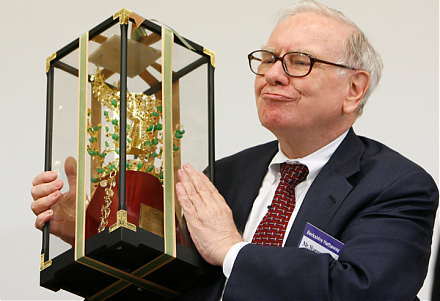
Warren Buffett shares his key insights into life, success, money, and interpersonal communication. Institutional money managers and retail investors ca
2018-11-03 11:36:00 Saturday ET
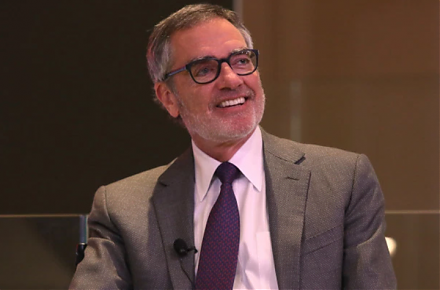
Apple adds fresh features to its new iPad Pro and MacBook Air in addition to its prior suite of iPhone XS, iPhone XS Max, and iPhone XR back in September 20
2019-11-05 07:41:00 Tuesday ET
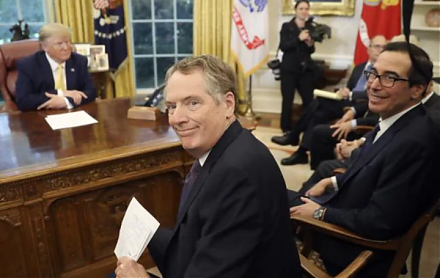
The Trump administration expects to reach an interim partial trade deal with China. This interim partial trade deal represents the first phase of a comprehe
2019-04-15 08:37:00 Monday ET
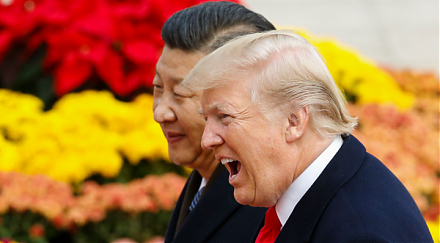
Chinese Belt-and-Road funds large international infrastructure investment projects primarily in East Asia, Central Asia, North Africa, and Italy. Chinese Be
2024-05-05 10:31:00 Sunday ET

Stock Synopsis: Pharmaceutical post-pandemic patent development cycle In terms of stock market valuation, the major pharmaceutical sector remains at its
2023-01-03 09:34:00 Tuesday ET
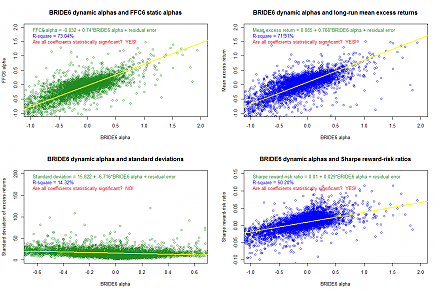
USPTO fintech patent protection and accreditation As of early-January 2023, the U.S. Patent and Trademark Office (USPTO) has approved